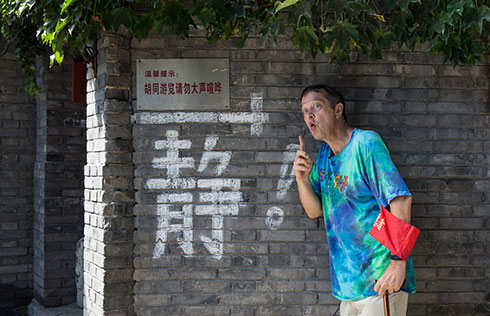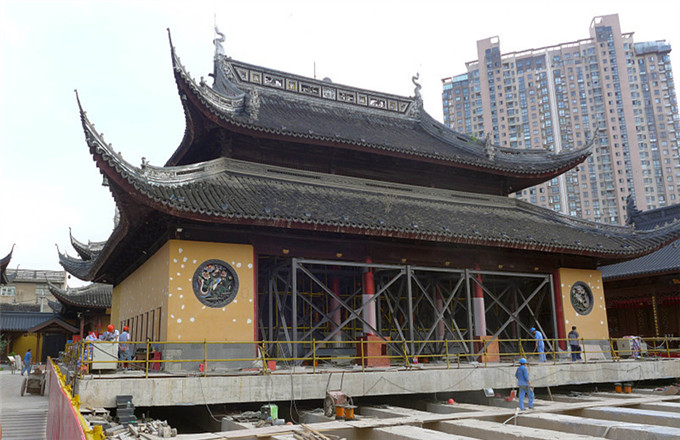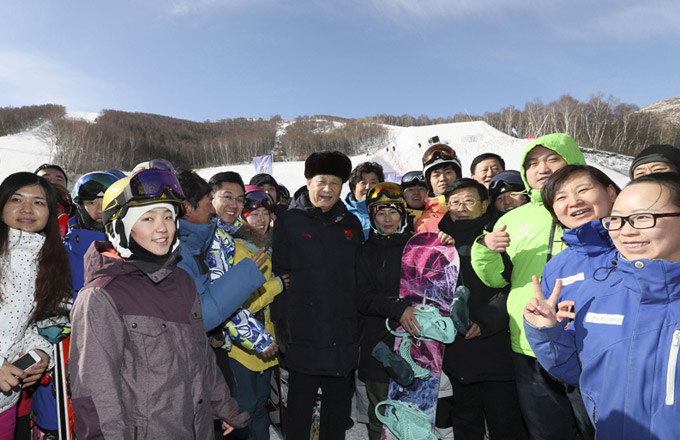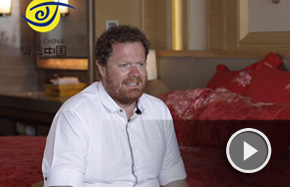Former regulatory vice-chairman probed
The former vice-chairman of the China Securities Regulatory Commission, Yao Gang, is under investigation for taking bribes, the Supreme People's Procuratorate announced on Thursday.
Yao is subject to "coercive measures" - a range of involuntary measures that may include summons, surveillance, detention, arrest or other measures. The top procuratorate did not specify which ones had been taken.
Yao was expelled from the Communist Party of China and dismissed from public office for multiple offenses, including abuse of power in seeking benefits for others and accepting "a huge amount" of bribes, the Central Commission for Discipline Inspection, the nation's graft watchdog, said in a statement on July 20.
Yao did not cooperate with discipline probes and did not report personal matters as required, such as the properties he owned, the commission said.
"As a senior Party official, Yao has lost his faith ... and he has sabotaged the order of the capital market and the political ecology of securities supervision," the statement said.
Yao, 55, was the general manager of Guotai Junan Securities in 1999 before being moved to the securities commission in 2002. During his term with the commission, he oversaw initial public offerings on the Chinese mainland for 13 years, which won him the nickname "King of IPO", according to Chinese media reports.
A number of CSRC officials have been placed under graft investigations since 2015.
On Sept 16 that year, the disciplinary watchdog announced a probe into Zhang Yujun, the assistant chairman of the securities regulator at the time. In November 2015, Yao was investigated for "serious discipline violations", the watchdog said.
In August 2015, Liu Shufan, Yao's former secretary, was placed in criminal detention for insider trading, faking official documents and taking bribes.
The disciplinary watchdog also sent an inspection team to the securities regulator from October to December 2015. It found that the regulator had been weak in supervising officials in key positions and lacked a sound mechanism to prevent corruption.




















